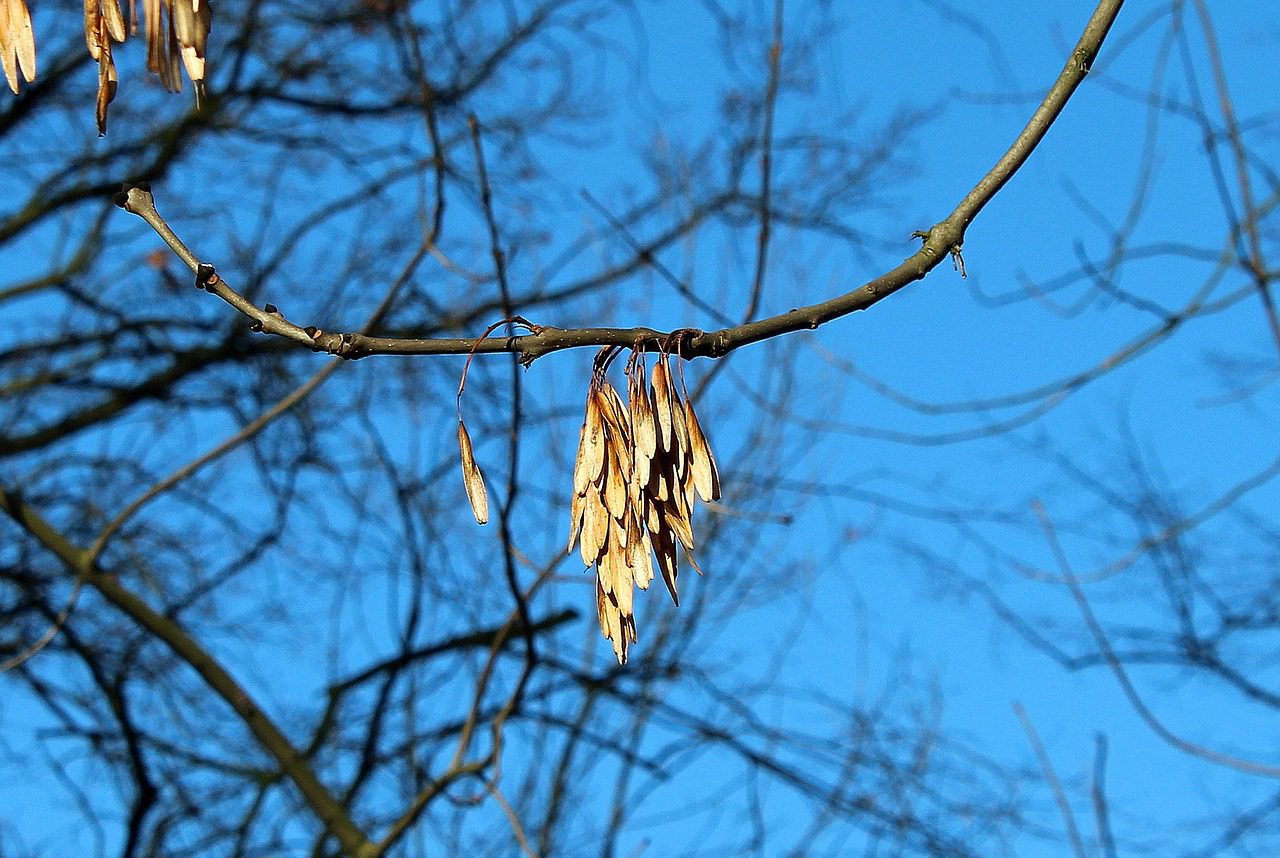An increasing number of ash trees across Wales are suffering from ash dieback disease and some of our trees here in Wrexham are showing early signs of being infected with the same disease.
It’s caused by a fungus that is spread by spores that can land on the leaves and the fungus can then spread into the branches and stems of ash trees causing the trees to eventually die.
Ash dieback is a Europe-wide problem and the worst case scenario suggests that up to 90% of ash trees are expected to die from it. It has the potential to be a big problem for landowners and councils across the UK who have ash trees on their land as those trees near people, property, power lines and roads, will need to be dealt with before they become dangerous.
Lead member for Environment and Transport, Cllr David A Bithell said “We are not sure yet how rapidly infected trees will dieback, we will manage this in the same way we manage other diseased trees, based on risk and priority. Obviously the scale of this disease, potentially affecting 90% of our Ash tree population means we will be dealing with a large number of trees and there will be an impact on the environment and resources. We have an excellent record of replacing trees that have to be felled due to disease and we will continue to do this when necessary with appropriate replacement trees.”
Ash makes up around 5% of the urban tree population in the county borough and is common in rural hedgerows verges and woodlands. Ash dieback disease was first recorded in Wales in 2013, but has now spread throughout the country.
“How can I help?”
In areas such as parks and gardens, you can help to slow the spread of the disease by removing and disposing of infected ash plants and collecting up and burning (where permitted), burying or composting the fallen leaves. This will break the life cycle of the fungus.
Remember you can help stop the spread of tree pests and diseases by taking some simple precautions:
- Make sure your shoes and boots are clean before you visit the countryside
- Make sure any vehicles are cleaned regularly preventing any build-up of mud especially around the wheels and wheel arches
- Keep to the hard tracks where practical
- Take note of any signs or instructionsTo take part in the Council Plan consultation, just click here
[button color=”” size=”large” type=”square_outlined” target=”new” link=” http://www.yourvoicewrexham.net/project/417″]I WANT MY SAY![/button] [button color=”” size=”large” type=”square_outlined” link=”https://news.wrexham.gov.uk”] NO…I DON’T WANT A SAY [/button]









